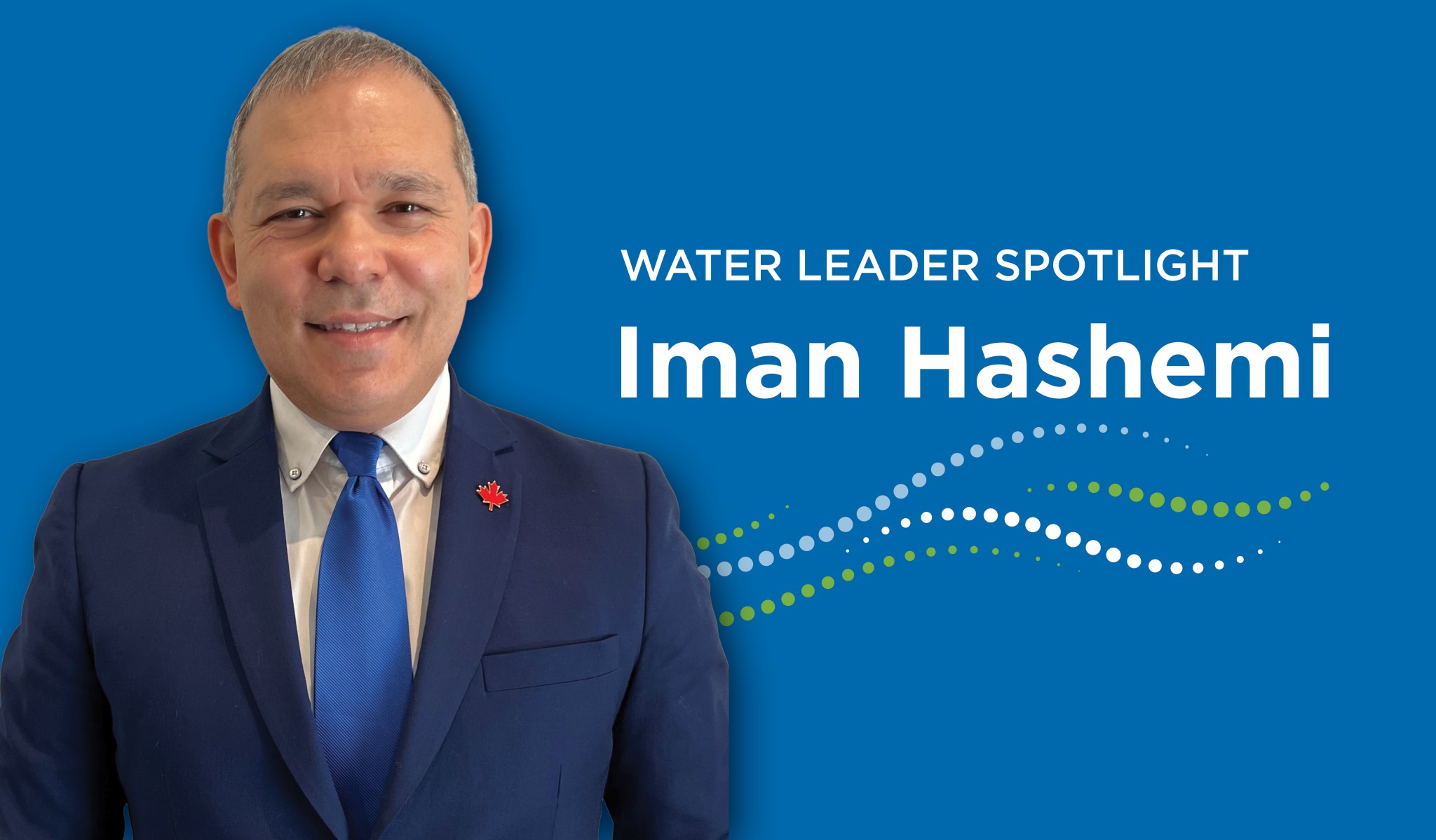A fresh chapter for the Wastewater-based Surveillance Program
June 26, 2024
CWN’s quarterly newsletter with the latest news, insights, and thought leadership.

As we bid farewell to the inaugural year of Canadian Water Network’s (CWN) and National Collaborating Centre for Infectious Diseases’ (NCCID) Wastewater-Based Surveillance (WBS) peer learning program, we eagerly step into a new phase with fresh participants and renewed vigour.
The WBS Strategic Sharing Group (SSG) and the newly created Provincial Forum boast a collective of 42 dedicated public health professionals and officials for the 2024-2025 program year. This diverse group spans across 10 provinces and two territories, serving communities ranging from remote Northern Indigenous regions to Canada’s bustling urban hubs.
Assessing learning needs
This quarter, we held the first two SSG meetings of the program year, both of which were focused on assessing the learning needs of our cohort. Through roundtables and smaller group discussions in breakout rooms, program participants got to know one another’s WBS programs, and the learning gaps and emerging issues they are experiencing. A learning needs assessment report synthesizing the key outcomes of these sessions is currently underway, but participants emphasized the importance of learning how to utilize WBS data for action, sustainability of WBS, and how to communicate WBS data to both the public and decision-makers, among other issues.
Staffing update
We are thrilled to share that Giba Barrie has joined the WBS program team as the bilingual engagement and knowledge mobilization specialist. Giba’s extensive background in community outreach, research and policy, including her tenure at the Public Health Agency of Canada and York Region, is a significant asset to our team.
Knowledge products
Check out our new Wastewater Surveillance knowledge products! This set of resources case studies of promising practices from BC Centre for Disease Control, Ottawa Public Health, and Nunavik Regional Board of Health and Social Services for WBS communication and interpretation.
Additionally, the set of resources includes two tools. One tool focuses dashboards and communication of WBS data for public health decision making. The other tool focuses on WBS ethics and health data governance for Indigenous communities. Visit our website to access the resources.
Next steps
Over the next quarter, CWN and NCCID will continue to facilitate knowledge sharing and peer learning amongst SSG participants and will also kick off the Provincial WBS Forum, a new stream of the WBS program, developed with a focus on facilitating discussions on current and future plans for WBS at the provincial and territorial level in Canada. For more information on the CWN-NCCID WBS program, you can visit the WBS program webpage.












